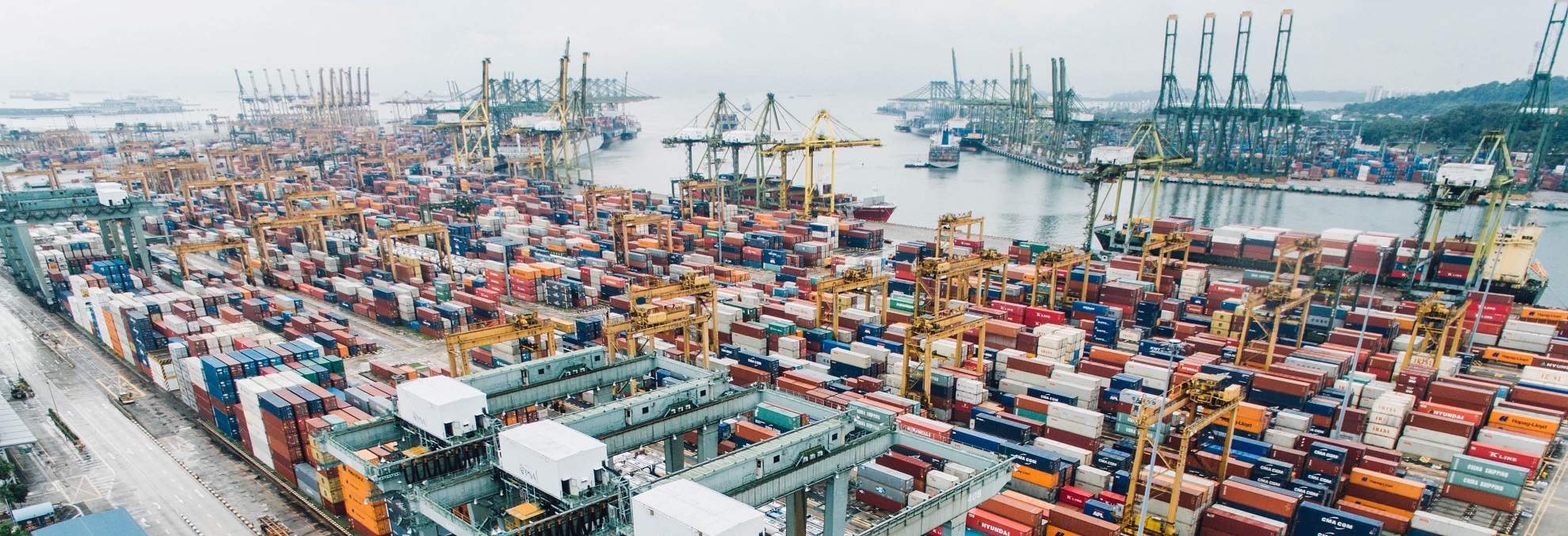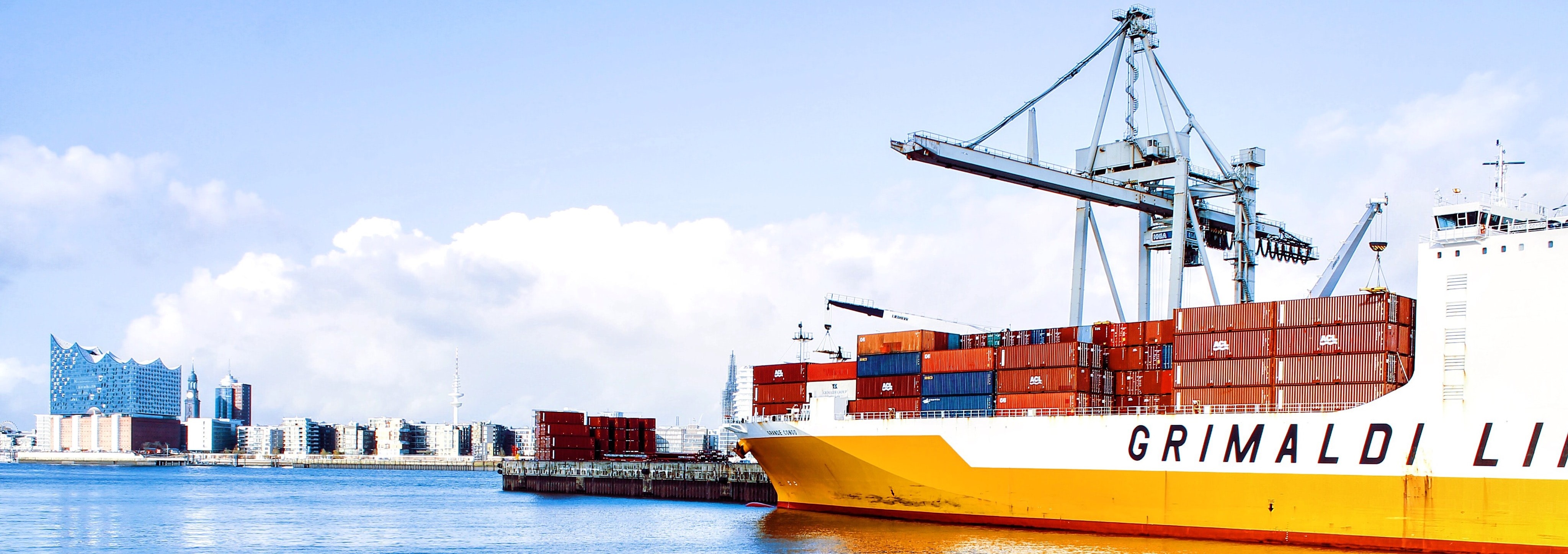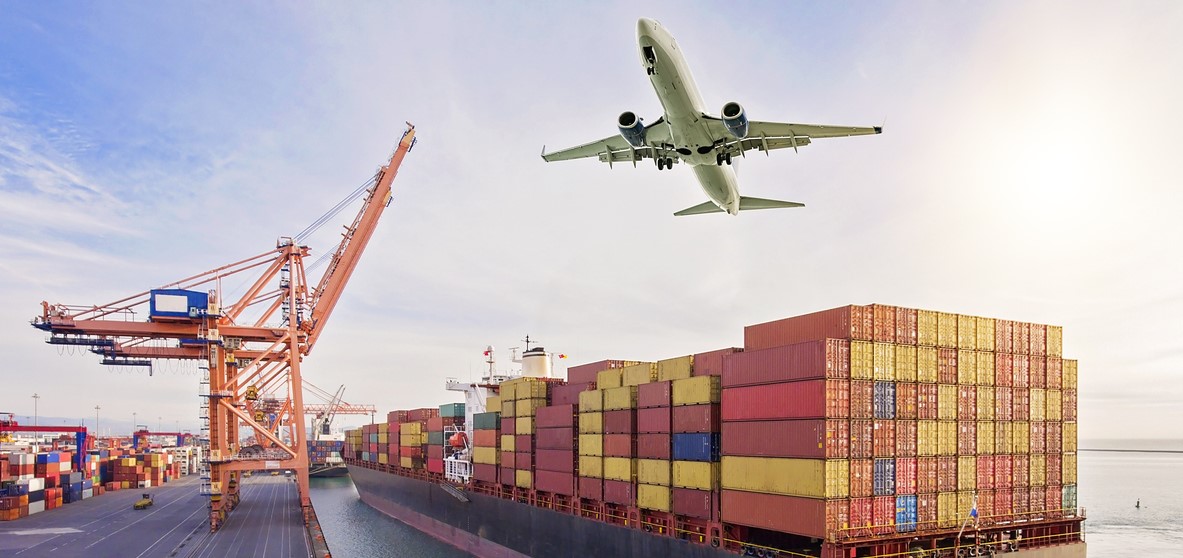Export
Do you have goods or products to export and do the customs officials at the destination need to see a legalised Certificate of Origin and invoice, for example, in order to accept the shipment?
Visa Service Desk can take care of this legalisation procedure for you. We will ensure that the process runs smoothly and that your business documents are correctly legalised. This will save you valuable time that would have been wasted figuring out the correct combination and order of steps to be taken or driving back and forth between the various Ministries and Embassies.
Our services include the option of us collecting your documents from your office. Once we have your documents, we will ensure that they are legalised by the correct authorities and in the correct order and return them to you as soon as possible.
Examples of documents that require legalisations:
A certificate of incorporation is a legal document or license relating to the formation of a company or corporation. It is a license to form a corporation issued by state government or, in some jurisdictions, by non-governmental entity/corporation. Its precise meaning depends upon the legal system in which it is used.
Visa Service Desk can assist you with the creation of a certificate of incorporation through our Notary and also guide you through legalising this document when you need to use it in a foreign country.
The Certificate of Origin (Certificaat van Oorsprong) is an official document that indicates the origin of your goods. This certificate is issued by the Chamber of Commerce.
The reason why a Certificate of Origin is requested can differ. This could be due to anti-dumping, trade policy measures, a boycott or because it is required due to a Letter of Credit.
Via the Market Access Database you can easily find out whether a Certificate of Origin is required for your shipment. Visa Service Desk makes it possible to prepare your Certificate of Origin at lightning speed and to apply for it digitally at the Chamber of Commerce.
A Chamber of Commerce extract is an overview of the company data registered with the Chamber of Commerce. This contains the company name, the address, in many cases also the officers employed.
This document can be necessary for visa applications, for example for when a self-employed person, or Senior Manager, has to sign their own guarantee letter. In this case, the Chamber of Commerce extract proves that the signatory is the approved signatory for the company.
The extract can also be necessary for import/export regulation or the creation of distribution agreements.
Visa Service Desk can procure a digital Chamber of Commerce extract on your behalf and also assist with the legalisation of an original Chamber of Commerce extract, so that it can be recognized as a true document in a foreign country.
The certificate of pharmaceutical product (abbreviated: CPP) is a certificate issued in the format recommended by the World Health Organization (WHO), which establishes the status of the pharmaceutical product and of the applicant for this certificate in the exporting country.
It is issued for a single product, because manufacturing arrangements and approved information for different pharmaceutical forms and strengths can vary.
In order for the certificate of pharmaceutical product to be recognized by the destination country it will need to be legalised - Visa Service Desk can advise and assist you in getting this done correctly.
A distribution agreement is a legal agreement between a supplier of goods and a distributor of goods.
The supplier may be a manufacturer, or may itself be a distributor reselling another's goods.
In the modern business world, more and more companies are involved in distribution arrangements that cross international boundaries. In order for the distribution arrangements to be recognized by the destination country they will need to be legalised - Visa Service Desk can advise and assist you in getting this done correctly.
The EUR.1 certificate is a preferential trade document and is issued by the Chamber of Commerce. This certificate makes you eligible for a lower import tariff or sometimes even complete exemption in the destination country.
This only applies to countries with which the EU has concluded a trade agreement. An overview from the Chamber of Commerce indicates for which countries and regions you can apply for the EUR.1 certificate.
The use of this certificate is not mandatory but because it provides a financial benefit, it is often important. We can prepare the EUR.1 certificate for you, send it digitally to the Chamber of Commerce and after approval, print it out and send it to you.
Once you have received the EUR.1 certificate, it still needs to be endorsed by Customs.
A EUR-MED certificate is a variant of the EUR-1 certificate and is only valid if you trade with countries where the Pan-Euro-Mediterranean agreement applies.
This agreement makes it possible for raw materials and products from these countries to count towards the determination of origin. The use of an EUR-MED is not mandatory, but offers more possibilities for re-export to another partner country.
For shipments with a value of less than €6,000.00 you do not need to request a EUR-MED, an invoice declaration will suffice just like with the EUR-1. You can apply for the EUR-MED certificate quickly and easily via Visa Service Desk.
Good manufacturing practices (GMP) are the practices required in order to conform to the guidelines recommended by agencies that control the authorization and licensing of the manufacture and sale of food and beverages, cosmetics, pharmaceutical products, dietary supplements and medical devices.
These guidelines provide minimum requirements that a manufacturer must meet to assure that their products are consistently high in quality, from batch to batch, for their intended use. The rules that govern each industry may differ significantly; however, the main purpose of GMP is always to prevent harm from occurring to the end user.
Additional tenets include ensuring the end product is free from contamination, that it is consistent in its manufacture, that its manufacture has been well documented, that personnel are well trained, and that the product has been checked for quality more than just at the end phase.
In order for the GMP certificate to be recognized by the destination country it will need to be legalised - Visa Service Desk can advise and assist you in getting this done correctly.
Occasionally, customs in foreign countries, require invoices to be both certified and legalised.
After certification, invoices have to be presented to the embassy of the destination country for legalisation. This involves presentation of the certified invoices to the embassy which then attaches their stamp to the documents.
In these cases goods should not be dispatched before the invoices are legalised. Visa Service Desk can advise and assist you in getting this done correctly.
A power of attorney (POA) or letter of attorney is a written authorization to represent or act on another's behalf in private affairs, business, or some other legal matter.
The person authorizing the other to act is the principal, grantor, or donor (of the power). The one authorized to act is the agent, attorney, or in some common law jurisdictions, the attorney-in-fact.
Formerly, the term "power" referred to an instrument signed under seal while a "letter" was an instrument under hand, meaning that it was simply signed by the parties, but today a power of attorney does not need to be signed under seal.
Visa Service Desk can assist you with the creation of a power of attorney through our Notary and also guide you through legalising this document when you need to use it in a foreign country.
EUR1 and EUR MED vs CVO
Differences:
We have preferential (EUR1 and EUR MED): and non-preferential (CVO) origin:
- Non-preferential origin (CVO):
the regulations are determined in the Customs Code of the Union (DWU/ UCC) (Union = European Union).
- Preferential origin (EUR1 and EUR MED):
the regulations are stipulated in the protocols of free trade agreements or agreements between the EU and other countries.
This distinction has arisen because over the years specific rules have been established for the application of preferential arrangements for the application of certain schemes with (groups of) countries, in addition to the existing non-preferential rules.
Each destination country has its own official requirements in terms of origin documents. These requirements describe what you need to be able to for your goods to pass clearly through customs at the destination country. The customs authorities in particular can require the CVO to be supplied. They demand this when there are doubts about the origin of the goods. This is especially for products subject to trade policy measures (for example in response to trade conflicts), additional customs duties or other financial obligations. If you want to know whether a CVO is mandatory for your goods, consult the Access2Markets Database or contact Visa Service Desk.
Both the Certificate of Origin and the EUR.1 Certificate are common in international transactions. Both certificates indicate the origin of the product, although it should be noted that the origin criteria can differ greatly. In addition to the often mandatory nature of the Certificate of Origin, the EUR.1 Certificate offers better opportunities in the international trade market because of the lower customs duties that are applied.
Difference between Origin documents
| Certificate of Origin (CVO) | EUR.1 Certificate |
| Mandatory for most countries outside the EU | Never Mandatory |
| Shows the origin of the goods | Gives the importer a reduction or exemption from import duties |
| Issued by the Chamber of Commerce | Issued in the Netherlands by the Chamber of Commerce, but must also be stamped by Customs |
| Can be requested for any origin | Can only be requested for products with an EU origin |
| Can be requested for any destination country | Can only be applied for an origin country with which the EU has concluded a trade agreement |





